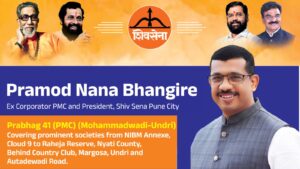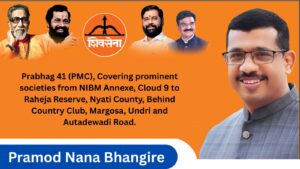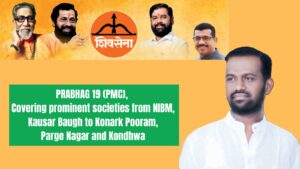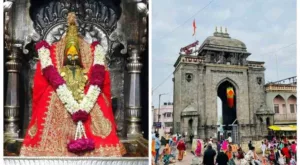Pune Gears Up For Municipal Elections Amid New Ward Restructuring Challenges

Pune: PMC Launches Ambitious "Deep Clean" Drive, Clears 40 Tonnes Of Garbage
In the recent Maharashtra assembly elections, the Mahayuti alliance achieved unprecedented success, creating a wave of enthusiasm among its constituent parties—the BJP, Shiv Sena (Shinde faction), and NCP (Ajit Pawar faction). Riding on this favorable momentum, the ruling Mahayuti government is keen to expedite long-delayed local self-governance elections, which have been stalled for over two and a half years.
Following the Lok Sabha elections six months ago and the Assembly elections earlier this month, attention has now shifted to the Pune Municipal Corporation (PMC) elections. With the Mahayuti enjoying public support, municipal elections are likely to be held within a few months. However, the administration faces significant challenges in planning and preparing for these elections.
Local body elections across Maharashtra, including Pune, have been on hold since March 2022, when the terms of corporators expired. Since then, the PMC has been under the control of a government-appointed administrator, with the Municipal Commissioner overseeing all operations. This absence of elected representatives has led to widespread complaints from political parties, alleging that officials act at their discretion without accountability to the public.
Given Mahayuti’s recent success in the Assembly polls, the government aims to hold the long-delayed elections before voter sentiment shifts. However, addressing the issue of OBC reservations will be critical. Various organizations and individuals have filed 30 petitions in the Supreme Court regarding OBC reservations, delaying the election process. If the state and central governments present a unified stance and offer assurances to the court, the path for local elections, including Pune, may be cleared. Elections could then be conducted within six months.
In 2017, during Devendra Fadnavis’s tenure as Chief Minister, municipal elections were held with a four-member ward structure, which benefited the BJP statewide. However, after the Maha Vikas Aghadi (MVA) government took over, it shifted to a three-member ward structure, completing the preparatory process for municipal elections accordingly. When Eknath Shinde became Chief Minister, his government initially retained the three-member ward decision but reversed it later, reverting to a four-member structure. Concurrently, the MVA government’s move to reduce the number of municipal members faced legal challenges, which remain pending in the Supreme Court.
Adding to the complexity, a decision was recently made to exclude Fursungi and Uruli Devachi villages from the PMC limits to form independent municipal councils. This adjustment will require recalculating ward populations, boundaries, and member counts, which will be submitted to the Election Commission for approval. This process is expected to take at least six months.
If the Supreme Court lifts its stay on related petitions and the government takes swift action, the PMC elections could be held within months. During this period, the PMC will need to manage the restructuring process and overcome logistical hurdles to ensure a smooth electoral process.












